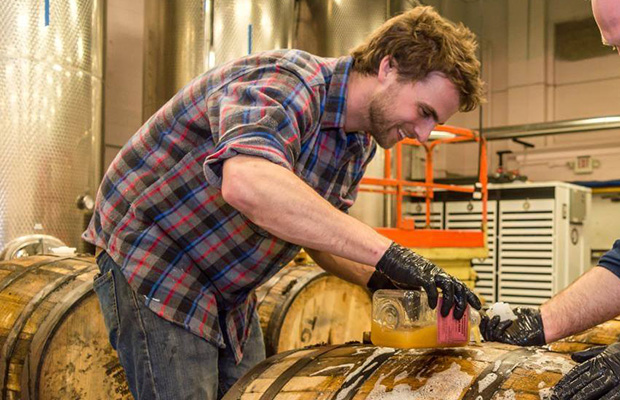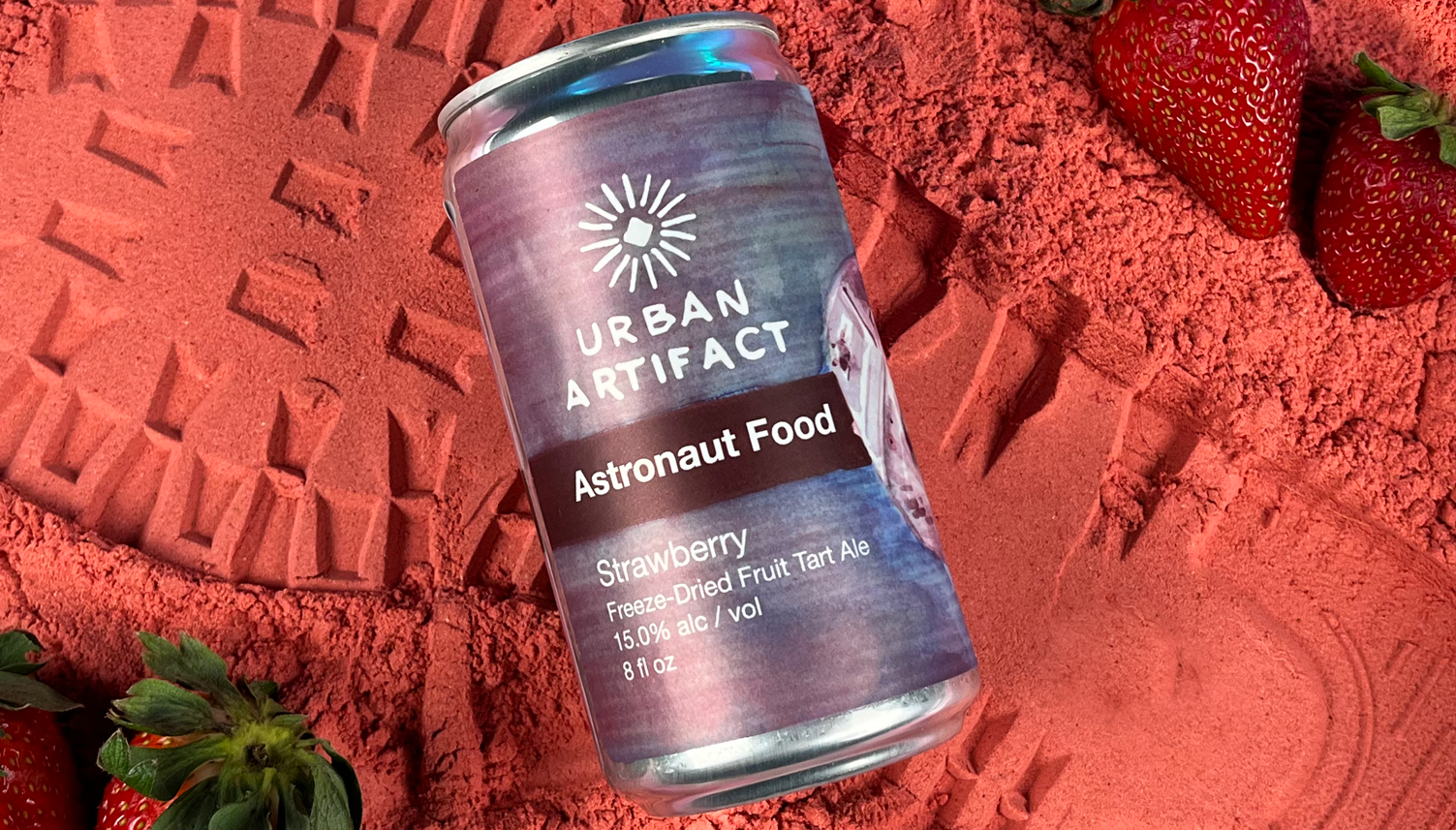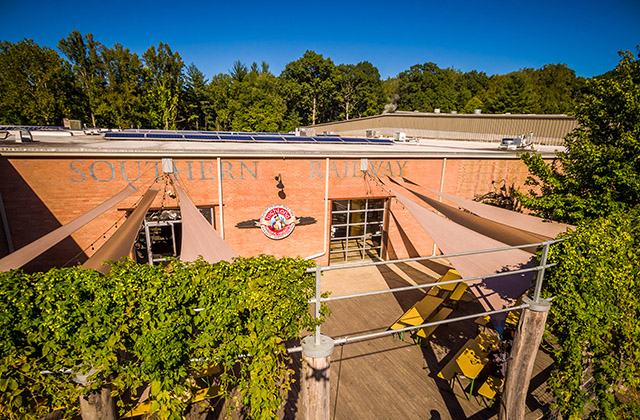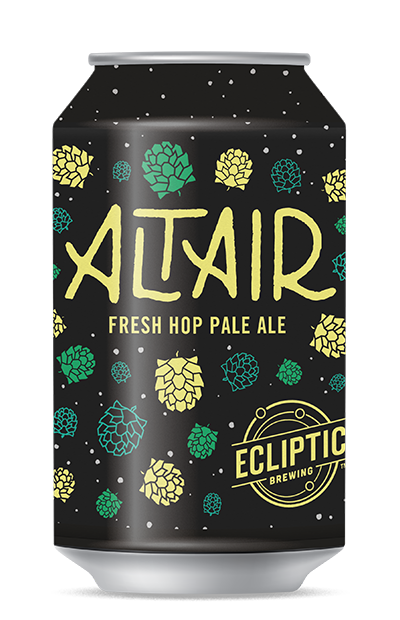
This is a part of a continuing series of Q&As with members of the brewing community from across the U.S.
Brewer Magazine will share business and personal insights from Brewmasters, Head Brewers, Brewing Managers, Sales Directors, QCQA Managers and others each weekend to help you get to know each other better in the industry and learn more to better develop your own brand.
Bret Kollmann Baker, Head of Brewing Operations, Urban Artifact — Cincinnati
BREWER: How do you feel your job has had to adapt in the beer market compared to a few years ago?
BAKER: We didn’t adapt our job/brewery as much as we were forced to try to get the market to adapt to us. We brew solely sour (and mostly fruited sour) beers, and when we first opened the market in Cincinnati was less than receptive at first. We have definitely evolved though as time has gone on, we focus far more heavily on fruited sours now (always fermenting out dry when going into package as we don’t choose to pasteurize our beer) as the market has grown to love their fruit beers and we phased out some of our funkier (and award winning!) beers. For one reason or another, the funkier beers don’t sell as well in our markets, much to my own personal chagrin.
BREWER: Who is your mentor in the industry and why? What have you learned from them?
BAKER: No one person, per se, but largely it has been the brands that have stood the test of time. Why has Weihenstephaner, Guinness, Chimay, etc. been able to establish themselves as generational successes? Ultimately, my personal takeaway has been these brewers are really freaking good at a very narrow band of beers/styles. While there is obvious variation, innovation, and one-offs, for the most part these breweries are known for doing a single thing extremely well. We built our brewery on the same principle. If we are going to stand the test of time, we need to become the best at what we do. Following the giants before us and the path they took is why we brew almost exclusively fruited dry sour beers. Take what you do well, narrow your focus, hone your products, and constantly chase perfection. We are far from perfect, but we have a narrow band in which we are trying to achieve the near impossible.
BREWER Can you share a success story that you are proud of in your job or maybe a story of how you learned from a situation that has altered your thoughts on how you do your job now?
BAKER: While the customer is not always right, they certainly know what they like, and at the end of the day people buy, and drink, what they like. Early on, while we were still trying to find our voice as a brand, we had customers come in frequently looking for “the most sour” or “the most fruited beer” we had on tap. The bartenders, always on the front line, hear all of this information and feedback. Listening to them and to our customers, led us to create “The Gadget” a raspberry & blackberry midwest fruit tart, which at the time was our most sour and most fruited beer in our entire lineup. It was an instant hit, and three years later still our best seller.
BREWER: Can you touch on something your brewery has added lately that’s unique or making your business more successful (it could be equipment, technology or people)?
BAKER: We are launching a product line of Oenobeers that we’ve dubbed Brut Fruit Tarts. We’ve hired a brewer that is also a sommelier, invested in some winemaking equipment, and are implementing a lot of techniques that are used in the natural wine industry. These beers are roughly 30% wine grapes, bone dry, and effervescent. It marries the production techniques of wine and sour beer, and is something we are extremely excited to roll out to a larger audience in 2020. At the end of the day, wine grapes are not entirely different than any other fruit we’ve used before, so we are able to capitalize on the internal skills of our brewers, while attempting to reach an entirely new audience.
BREWER: If you had one business strategy that you could implement to better the brewing industry, what would it be?
BAKER: Get rich in your niche! There are enough breweries out there doing a little bit of everything. I see the next wave of craft beer success — especially at the regional and larger level — being those that are specialists rather than generalists when it comes to beers and beer styles being offered. Everyone does an IPA, and chances are, someone in your market is doing it better than you. So pick a speciality and work your ass off to own that product category.






Be the first to comment